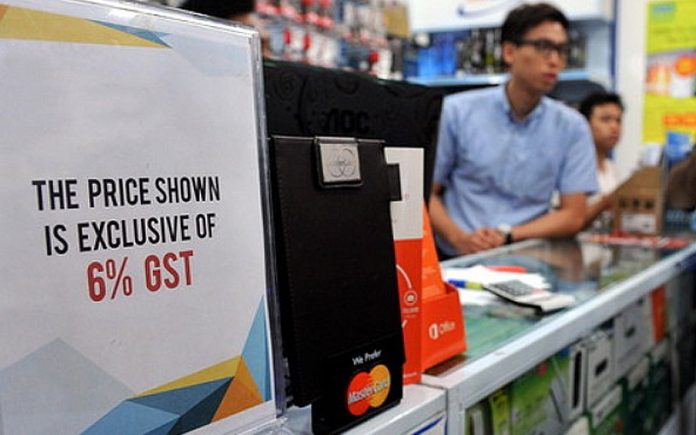
PETALING JAYA: Prime Minister Muhyiddin Yassin’s credibility would be jeopardised if his administration reinstates the goods and service tax in place of the current sales and service tax, political analysts said today.
Political scientist Awang Azman Pawi of Universiti Malaya said the revival of GST would also affect the credibility and public image of former PKR leaders such as Azmin Ali and Zuraida Kamaruddin, both part of the PN government.
“Taking a U-turn after protesting so vehemently against implementation of GST won’t just embarrass them, but also cast doubts on their credibility,” he told FMT.
In 2018, prior to the 14th general election, Muhyiddin campaigned with Pakatan Harapan against GST and reportedly claimed that the tax was an undue burden on Malaysians from all walks of life throughout the three years it was in effect under the BN administration.
Awang Azman also said that introducing GST once more will definitely take a toll on Umno members who are part of the PN administration. “It’s not exactly a popular move, seeing that it did bring their downfall in the general election after all.”
He suggested that the government, if it chose to reimplement GST, should consider a lower rate.
Awang Azman also warned Putrajaya to tread carefully in its attempt to boost the nation’s income in the present environment when the economy is facing problems.
“With the economy just starting to recover, Putrajaya must be careful not to provoke public outrage. It would not be wise to introduce any new taxes during such a sensitive time.”
Economist Firdausi Suffian believed the government should refrain from introducing GST this year or the next, for most Malaysians are still struggling with the economic setbacks brought by restrictions due to the Covid-19 pandemic.
“Many Malaysians are out of work. Some businesses are barely surviving, much less thriving. It’s not just SMEs which are struggling, major industries such as palm oil are also affected.
“However, GST may be suitable to implement in three to five years from now.”
Business owners and ordinary Malaysians would both be affected by rising market prices as part of a chain reaction that would follow GST implementation, he said.
Given the economic crisis, the government must bolster the people’s spending power first. But introducing GST now will only have the opposite effect, he said.
GST was first enforced at a rate of 6% on April 1, 2015. When PH came to power, it replaced the tax with SST, which included a 6% service tax as well as 10% sales tax, starting from Sept 1, 2018.
According to a Maybank Investment Bank Research report published on Monday, the finance ministry has established a committee to investigate various ways of growing the country’s income. This included the possible return of GST.
In a memo following a dialogue with Finance Minister Tengku Zafrul Aziz, at which several other measures were also reported to have been discussed.



